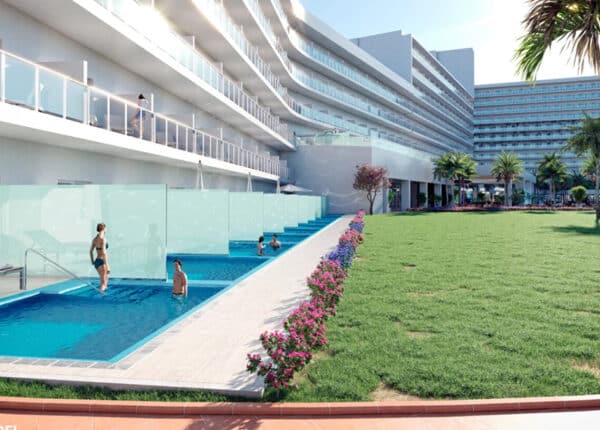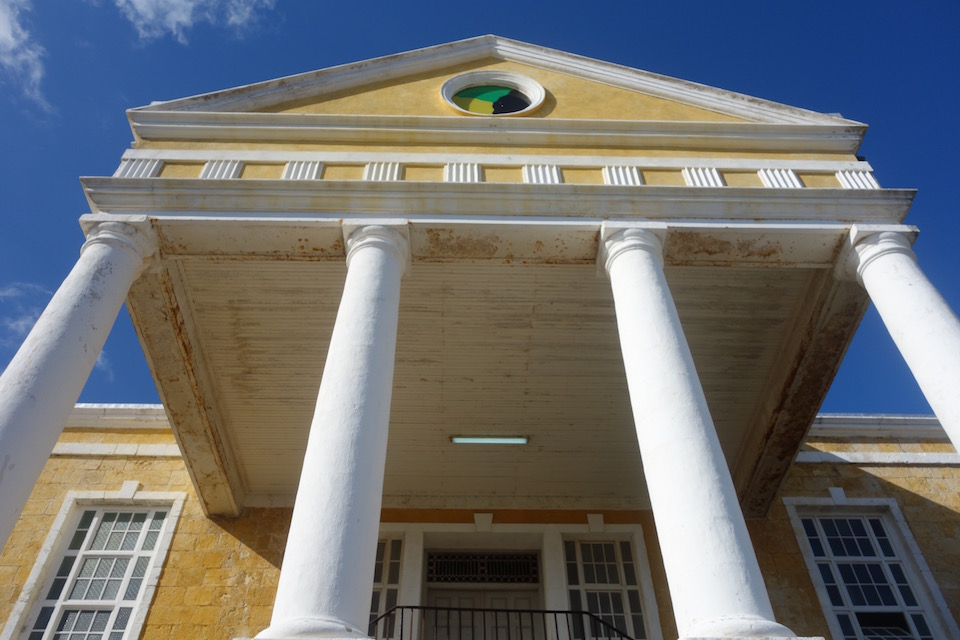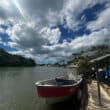By Dennis Chung
CJ Contributor
The Jamaica Labour Party’s slogan, “Poverty to Prosperity”, was very catchy and seemed to have been embraced by enough people for them to win the elections. Now that the election is over, we certainly as a country must turn our attention to moving towards prosperity.
The first thing Jamaica must clearly understand is what true prosperity is, as many people, even in their personal lives, do not truly understand the concept of prosperity and how to achieve it. And even at a national level you could say that we have never understood what prosperity is, as we have never been able to achieve it since independence in 1962.
Many people get confused and think that prosperity is borrowing money to buy the latest luxury car, when you don’t own a house or can’t afford to do things you want to do because you are hamstrung by a loan. Or even worse, cannot afford to miss one month’s salary or else all financial hell breaks loose.
Similarly Jamaica gives the impression of prosperity to many who visit and see the cars etc, and can’t believe that this is a country that is burdened by debt that has reached as high as 150 per cent of GDP in recent years and 212 per cent in 1984.
So maybe the first thing that we need to do is understand what prosperity means. Because prosperity is not driving the latest model car, while not being able to feed yourself properly. And it is not borrowing money to pay people more, or provide welfare, as Jamaica has done in the past.
Also the socialist experiments, which came to an end with Russia and China effectively accepting market economies, showed us that redistribution of income from one set of people to the next does not mean long-term prosperity if there is no increase in productivity. Our own social experiment in the 1970s demonstrated to us that a country cannot be prosperous without capital, when for example there was migration of capital from Jamaica.
The fact is that prosperity for a country only comes about when there is sustained economic and social development. And this can only happen when real GDP grows consistently at above average levels, and when there is social inclusion. And at the individual level, prosperity can only come when you are yourself more productive and can increase your earnings based on that productivity.
So a country’s prosperity comes when greater value is created either through increasing the capital investments in a country, or by improving the return on the current investments. In other words, producing more value through goods or services.
At the same time a country can be prosperous, but a large majority of the citizens are not. In other words, prosperity for a country does not automatically translate into prosperity for the population. If we look at countries such as those in the Middle East, for example, where the countries earn a lot of money from oil, there is still only a small set of persons who really experience prosperity. So the challenge that Jamaica’s government will have, to realise prosperity, is not only to grow the economy, but also to find a way to push that prosperity down to all Jamaicans.
And as indicated above, the only way for this to happen sustainably is to find a way for these people to improve their productivity and value creation. It certainly cannot be done by moving money from one place to another, by borrowing, by increasing taxes, or by ignoring capital spending in favour of recurrent expenditure. All these things we have consistently tried in the past, but they have not worked.
The recent economic reform programme (ERP) has also generated much debate, with some saying that it has not improved the lives of most citizens, and in fact has caused more pain. Although this is a very true statement, the ERP should not be blamed for this, as it has been constantly said, and is true, that the ERP is necessary but far from sufficient to bring about prosperity. What it does, however, is lay the foundation for prosperity. So, for example, you cannot eat dirt, but dirt is necessary for a tree to grow and bear fruit. If you get rid of the dirt then there will be no fruit, and similarly if you do not do the necessary fiscal and legislative adjustments there can be no sustained growth and prosperity.
The challenge is this: How do you first of all create sustained economic and social development, and then translate that country-level development into as much widespread individual development as possible? Because irrespective of what you do, there are going to be some people who will not benefit. The role of governance, however, should not be to see that everyone benefits, even if they don’t deserve to, but rather to create an environment where everyone has the opportunity to be the best they can be. This is true whether you run an organisation or a country.
This comes down of course to the problem of politics. In 2009, I wrote the book Charting Jamaica’s Economic and Social Development: a much needed paradigm shift. The book looked at our economic development since 1962, as I sought to answer why Jamaica has not done better economically and socially, and what needed to be done to get us to the elusive “prosperity” goal.
I concluded (which was not the intention) that the problem with our economics and society is our politics. Our political system, and the way we practise it, pulls the life out of our economy and society and does nothing more than create a welfare economy where the ruling party controls the resources to the exclusion of half of the country at any one time (remember the statement “[Jamaica’s] politics is about who gets what…). So at best we have half of our resources pulling in one direction and half in the other direction.
I recently began reading another book, which supports the conclusion I arrived at in my own book. The book is called Why Nations Fail and is a book I recommend to all politicians, and those interested in understanding the difference between rich and poor nations. In fact I was in Guyana recently and mentioned the book to their Minister of Energy (who was on a panel discussion) and he indicated that he was currently reading the same book.
What the book says is basically that our political systems, and how we practise our politics, is ultimately what determines why one country is rich and another is poor, which supports my own conclusion about Jamaica’s development since 1962.
The fact is that politics determines inclusion or exclusion (as said in Why Nations Fail), and pursuing a path of inclusion or exclusion determines whether or not we achieve long-term prosperity. Since 1962 (and before, but my concern is with our own governance) we have pursued a politics of exclusion by virtue of our political arrangements.
This politics of exclusion got even more aggressive in the 1970s, having its roots in the 1960s, when Jamaica and Jamaicans started to be divided along political lines, culminating in the democratic socialist ideals of the PNP in the 1970s, versus the market doctrine of the JLP.
Dennis Chung is a chartered accountant and is currently Vice President of the Institute of Chartered Accountants of Jamaica. He has written two books: Charting Jamaica’s Economic and Social Development – 2009; and Achieving Life’s Equilibrium – balancing health, wealth, and happiness for optimal living – 2012. Both books are available at Amazon in both digital and paperback format. His blog isdcjottings.blogspot.com. He can be reached at drachung@gmail.com.







